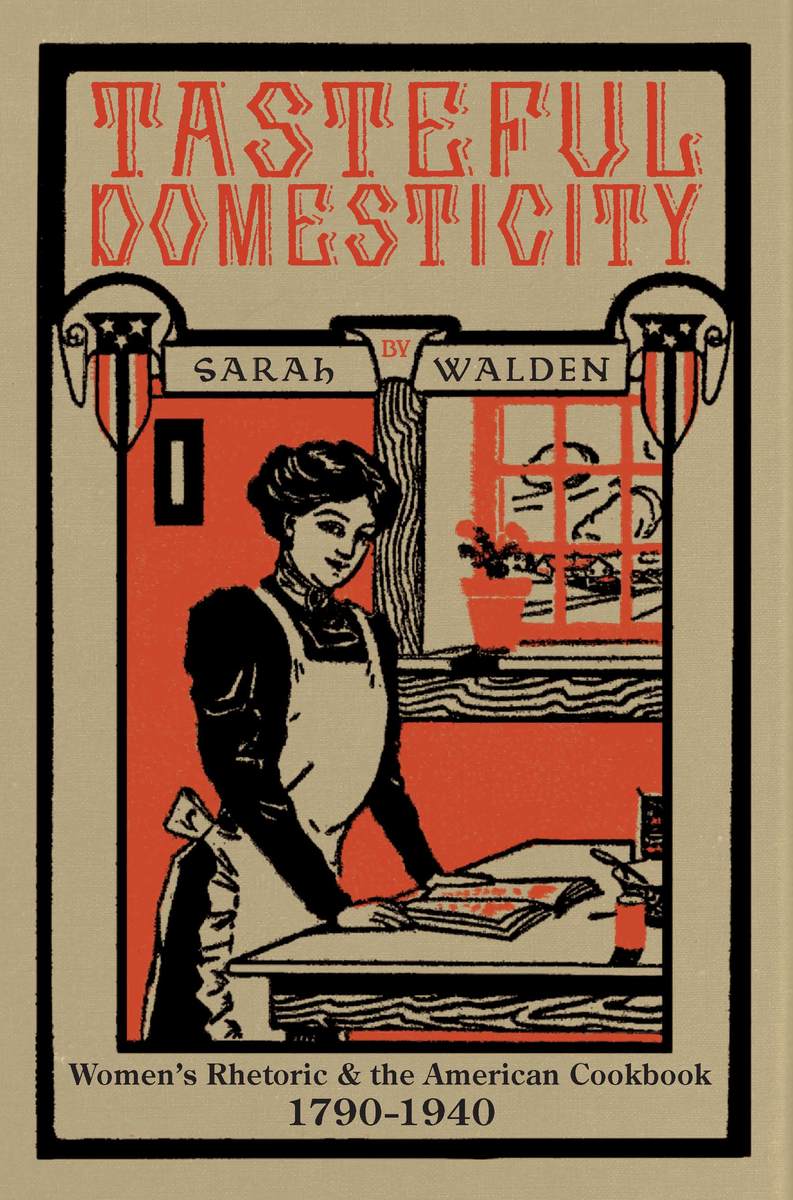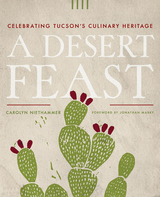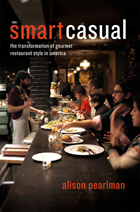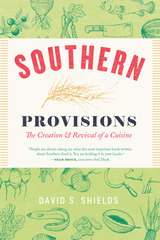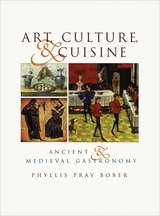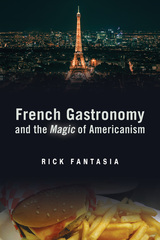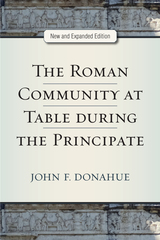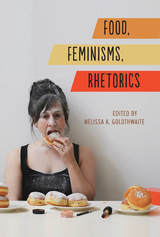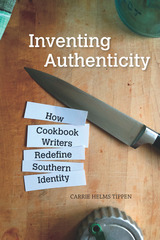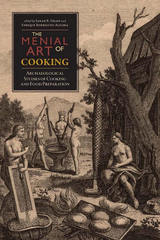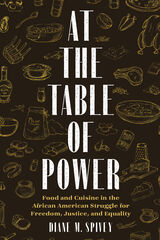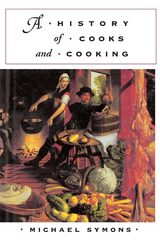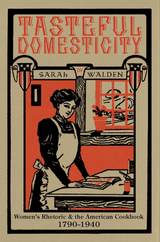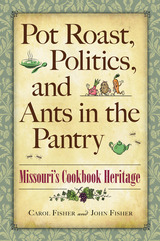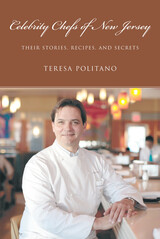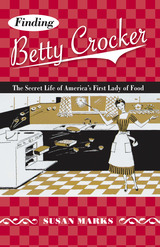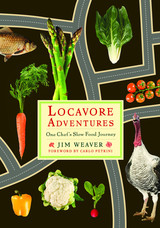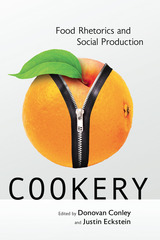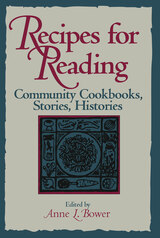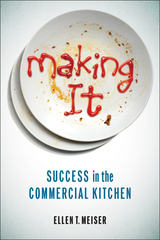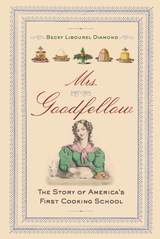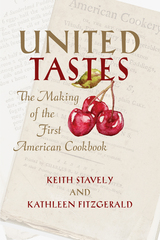Tasteful Domesticity: Women's Rhetoric and the American Cookbook, 1790-1940
University of Pittsburgh Press, 2018
Paper: 978-0-8229-6513-8 | eISBN: 978-0-8229-8312-5
Library of Congress Classification TX645.W34 2018
Dewey Decimal Classification 641.5973
Paper: 978-0-8229-6513-8 | eISBN: 978-0-8229-8312-5
Library of Congress Classification TX645.W34 2018
Dewey Decimal Classification 641.5973
ABOUT THIS BOOK | AUTHOR BIOGRAPHY | REVIEWS | TOC | REQUEST ACCESSIBLE FILE
ABOUT THIS BOOK
Tasteful Domesticity demonstrates how women marginalized by gender, race, ethnicity, and class used the cookbook as a rhetorical space in which to conduct public discussions of taste and domesticity. Taste discourse engages cultural values as well as physical constraints, and thus serves as a bridge between the contested space of the self and the body, particularly for women in the nineteenth century. Cookbooks represent important contact zones of social philosophies, cultural beliefs, and rhetorical traditions, and through their rhetoric, we witness women’s roles as republican mothers, sentimental evangelists, wartime fundraisers, home economists, and social reformers. Beginning in the early republic and tracing the cookbook through the publishing boom of the nineteenth century, the Civil War and Reconstruction, the Progressive era, and rising racial tensions of the early twentieth century, Sarah W. Walden examines the role of taste as an evolving rhetorical strategy that allowed diverse women to engage in public discourse through published domestic texts.
See other books on: 1790 - 1940 | Cookbooks | Food | Home economics | Social role
See other titles from University of Pittsburgh Press
